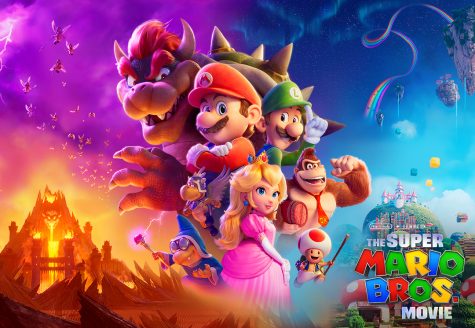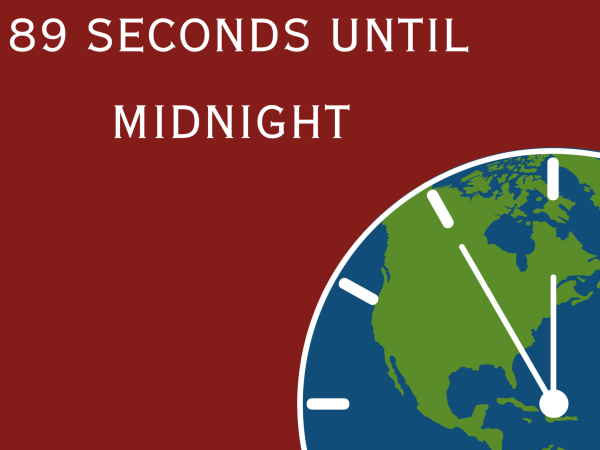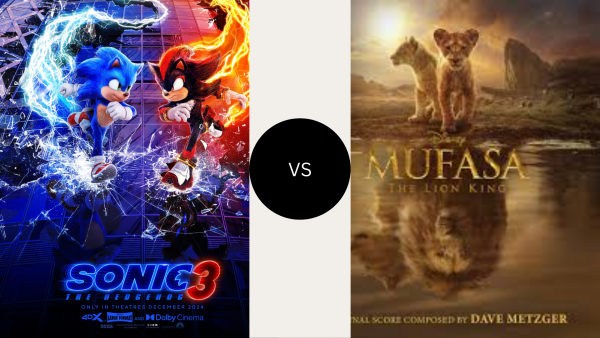Why Disney remakes Never-land
If you had asked someone 30 years ago what comes to mind when they think of Disney, their immediate answer would likely not be a money-hungry corporation; rather, it would be a studio that has raised generation after generation on media filled with magic and compelling characters. If you were to ask someone the same question today, it may be a different story, so that leaves us wondering “what has changed?” Disney’s recent emphasis on rebranding old, beloved movies as live-action remakes has left a sour taste in many fans’ mouths.
“Disney is known for [its] imagination and creativity, and remaking old movies does not really show much of that,” Katie Young, senior, said.
Instead of creating new content, Disney has taken to rebooting its old work in live-action form. This has caused much disappointment amongst fans, as these films are often close replicas of already-told stories— effectively taking away any creativity behind the recreation. If a remakes’ purpose is not to elaborate on or modernize the former work, then it signals to fans that the movies are produced only for money and not in the audience’s interest. Disney has realized that by remaking already well-known stories, such as “The Lion King” or “Beauty and the Beast,” it does not have to take the risk of introducing entirely new ideas that have the potential to flop. The issue with this is that the corporation is relying too heavily on old stories and not putting enough emphasis on making new ones.
“Disney had the opportunity to remake the movies with a different perspective but lacked the excitement from the animated version’s heart and soul,” MovieWeb said.
To some, the increased dependency on previously written work may signify that Disney is attempting to make some of its past stories more watchable in a modern context. However, it is generally agreed amongst viewers that the remakes neither do this nor live up to the original’s charisma. The reinvention of “Mulan,” for example, received intense criticism for excluding important parts from the original, with the music and plot line, and also for including cultural inaccuracies. This happened despite the live-action Mulan branding itself as more culturally-aware than its predecessor.
“Disney took a huge loss with ‘Mulan’ only grossing $100.4 million, not even half the cost for the production of the film, not to mention the global backlash at misrepresentation, issues with actors and the sudden existence of random characters who did not contribute to the overall story and omission of characters who did, such as Mushu,” The Lion’s Roar said.
For now, Disney’s marketing strategy appears to be creating live-action remakes of whichever beloved movie seems the most profitable. In this current era of remaking already-told stories, fans are left wondering if Disney has lost its magic for good.

Hey! My name is Kate, and this is my senior year at Etowah and my first year on the Talon. In my free time I enjoy reading, writing, and hanging out with...










